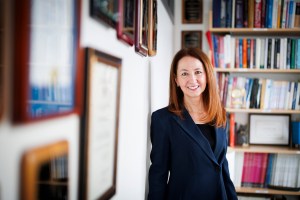Health
-
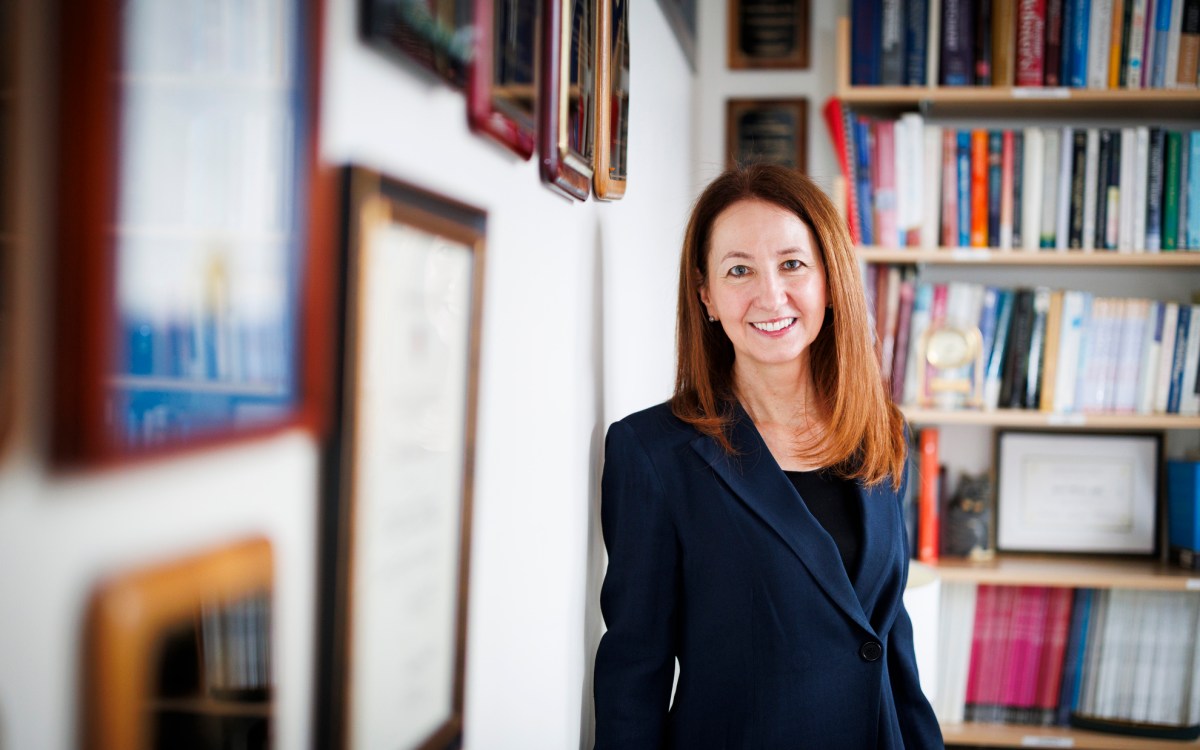
Need a cheaper, more accessible OCD treatment? There’s an app for that.
New system to address disorder that affects 8.2 million Americans shows promise in study
-
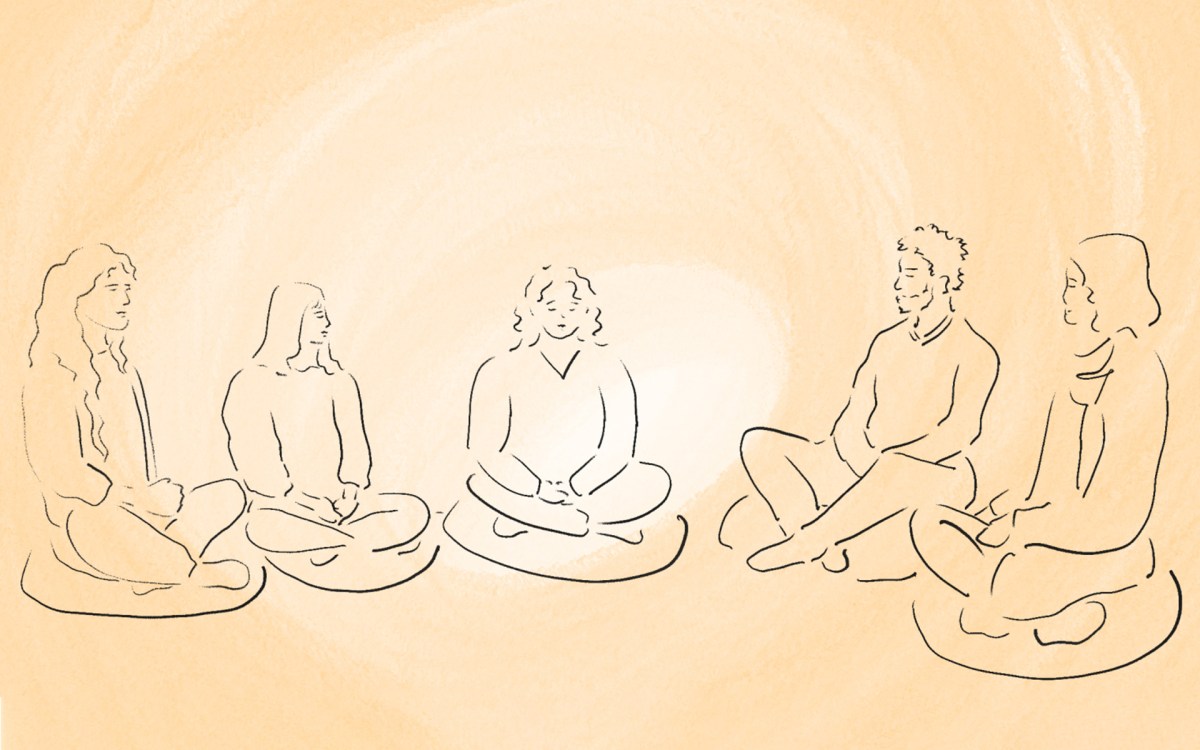
Your brain on advanced meditation
Where do science and ancient wisdom align? Take our quiz to find out.
-
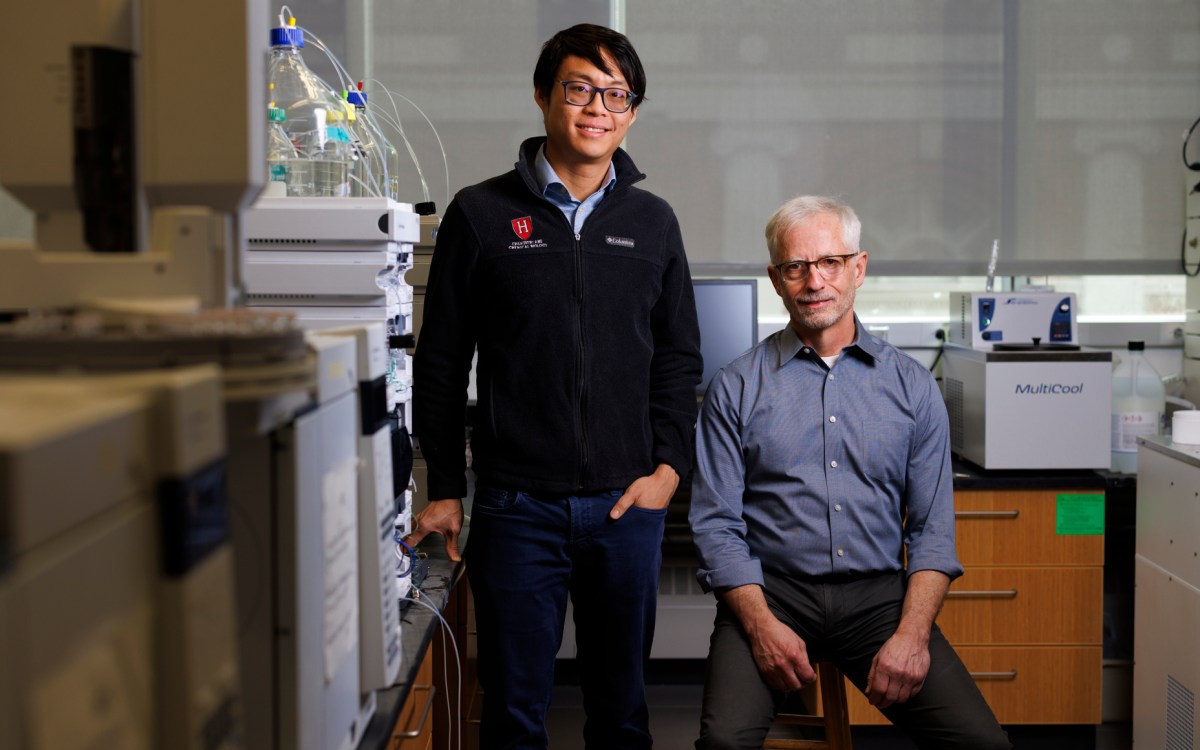
How COVID-era trick may transform drug, chemical discovery
Harvard chemists, inspired by group-testing strategy, develop faster way to identify useful catalyst combinations
-
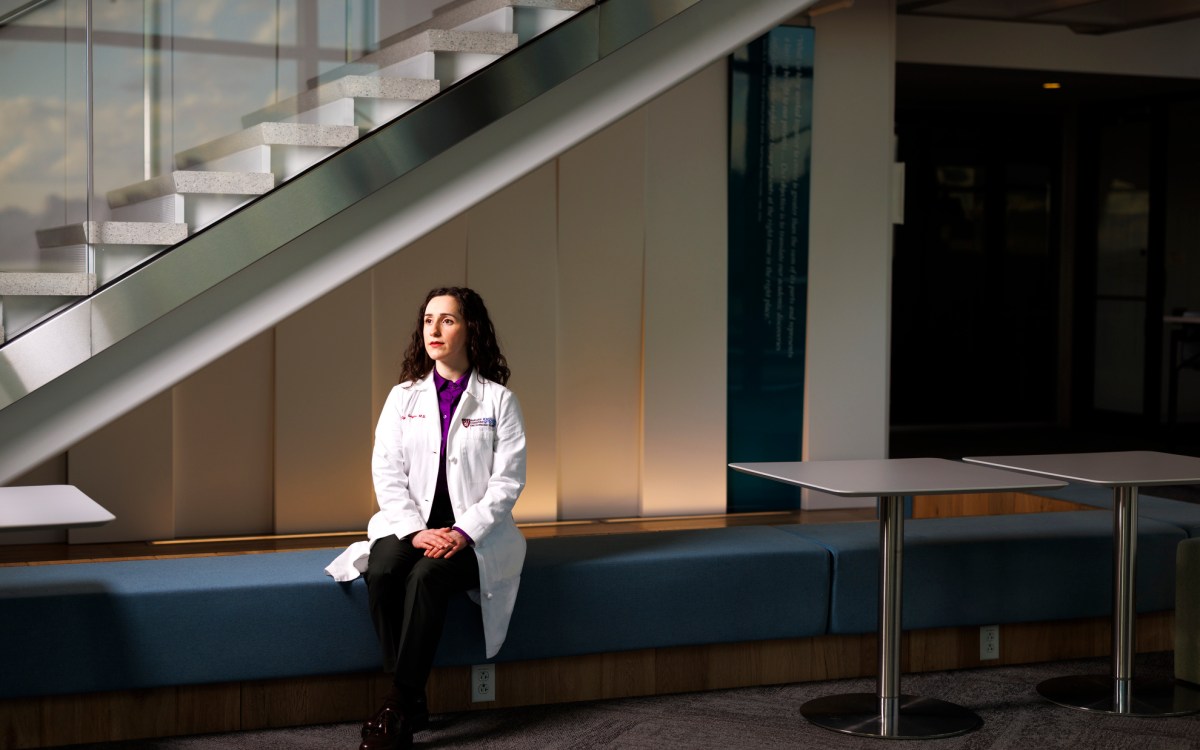
Missed opportunities to catch cases of domestic abuse
Study finds orthopedists, who treat kind of injuries that result from partner violence, refer patients to programs at very low rates

-
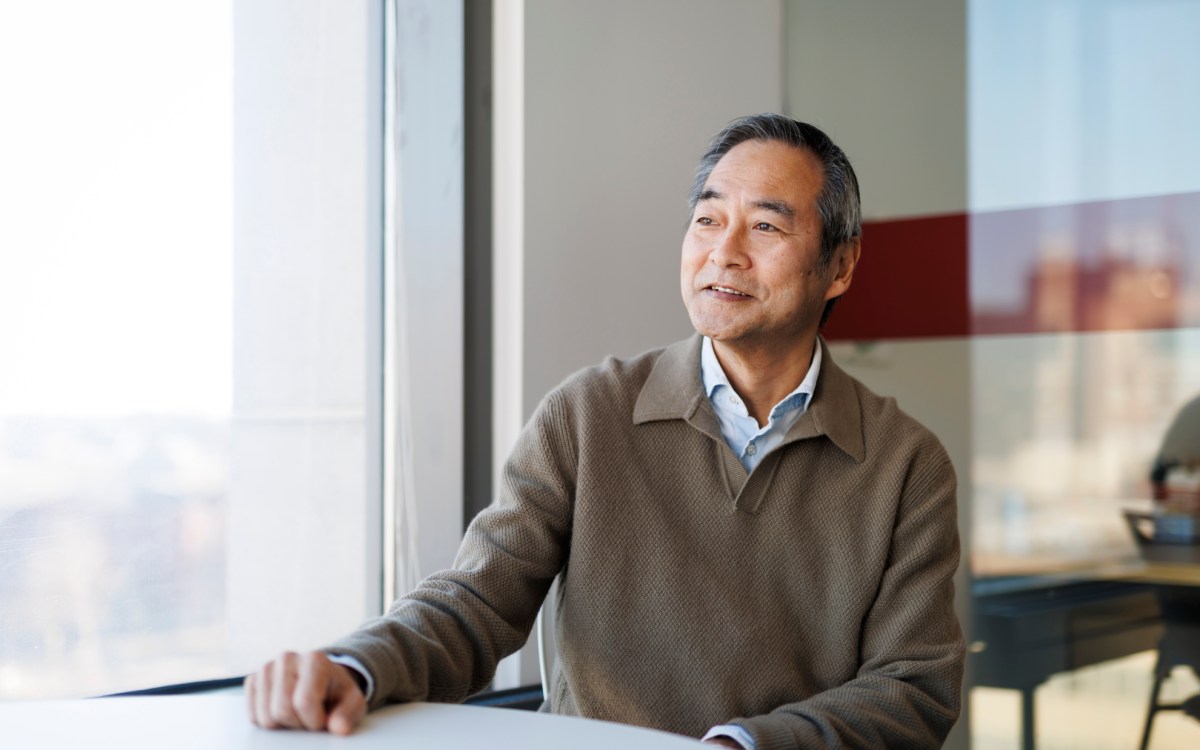
After the disaster, living for today
Study looks at why risky behavior surged in wake of 2011 tsunami, earthquake
-

Is a chatbot therapist better than nothing?
Experts discuss role of AI and other technology in future of mental health care
-
Taking a fresh look at definition of autism
Some families, activists say term is too broad, masks unique issues of most severe cases as surging rates, federal plans turn spotlight on disorder

-
Why it seems like everyone has the flu this year
Immunologist says it’s not too late to get vaccinated
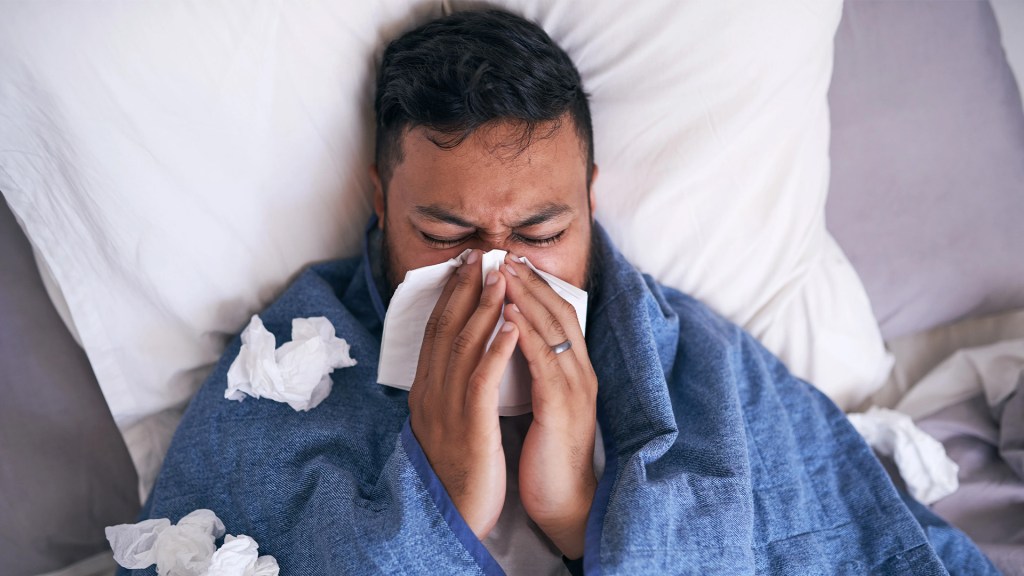
-
AI is speeding into healthcare. Who should regulate it?
Medical ethicist details need to balance thoughtful limits while avoiding unnecessary hurdles as industry groups issue guidelines
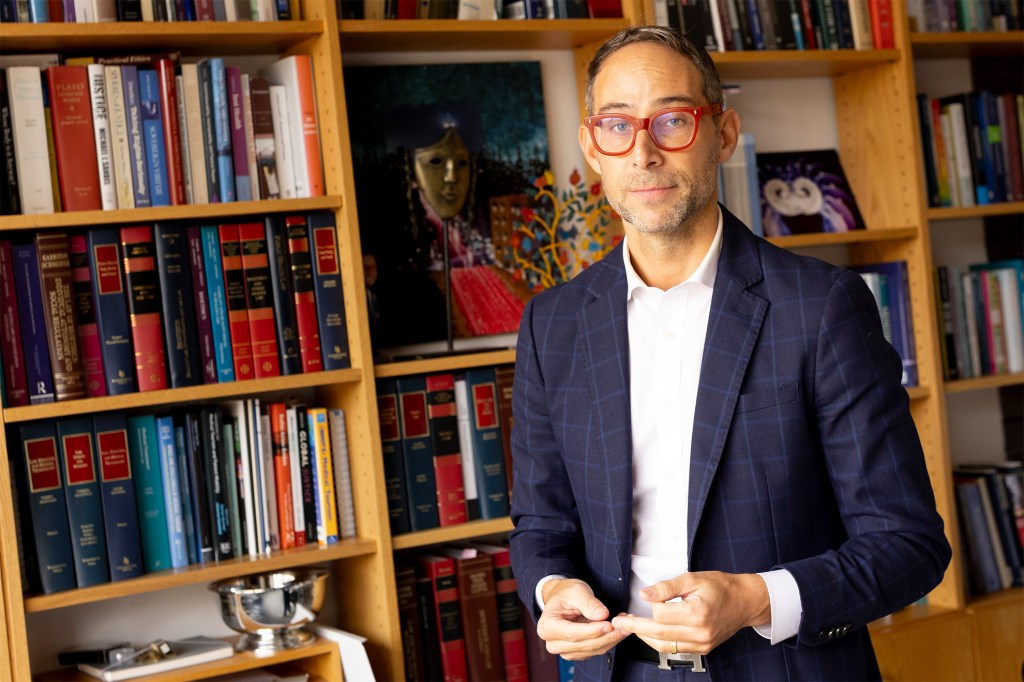
-
How to get stronger
If you’re not failing all the time, you’re doing it wrong, says fitness expert

-
Real-world answers for patients running out of time
Insurance data can help fill gaps between longer trials, researchers say

-
Binge drinking triggers gut damage, finds new study
Research suggests even brief episodes of heavy alcohol consumption can injure small intestine
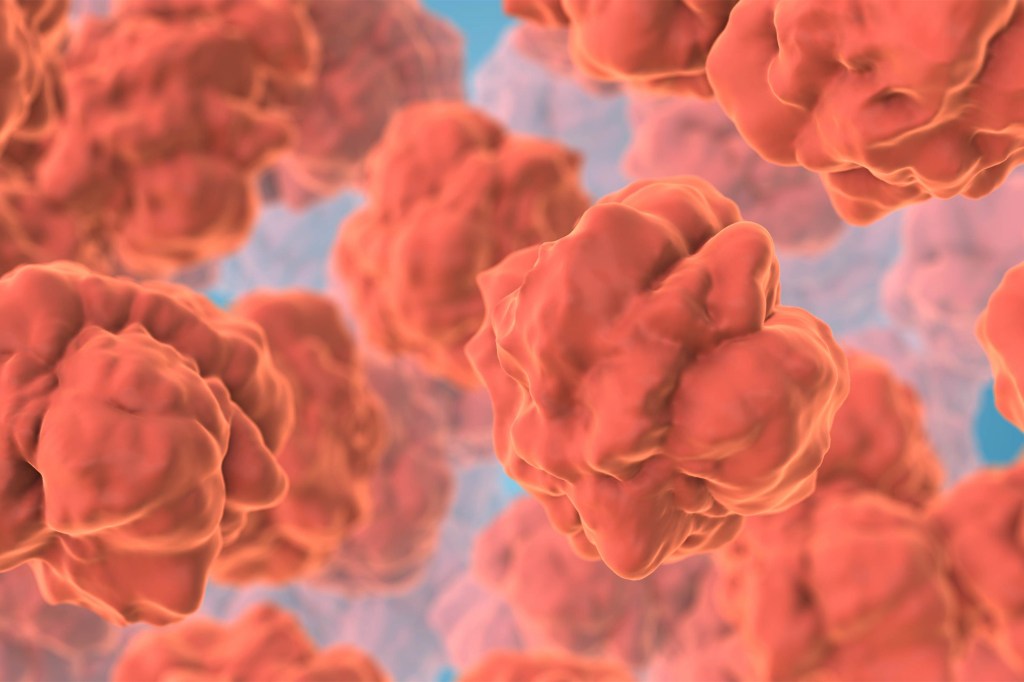
-
Sports betting worries grow as wagers skyrocket
Experts see rise in gambling problems, possible wider cultural fallout

-
Dry January as an experiment, not a punishment
Why it’s worth trying, what to expect, and how to succeed
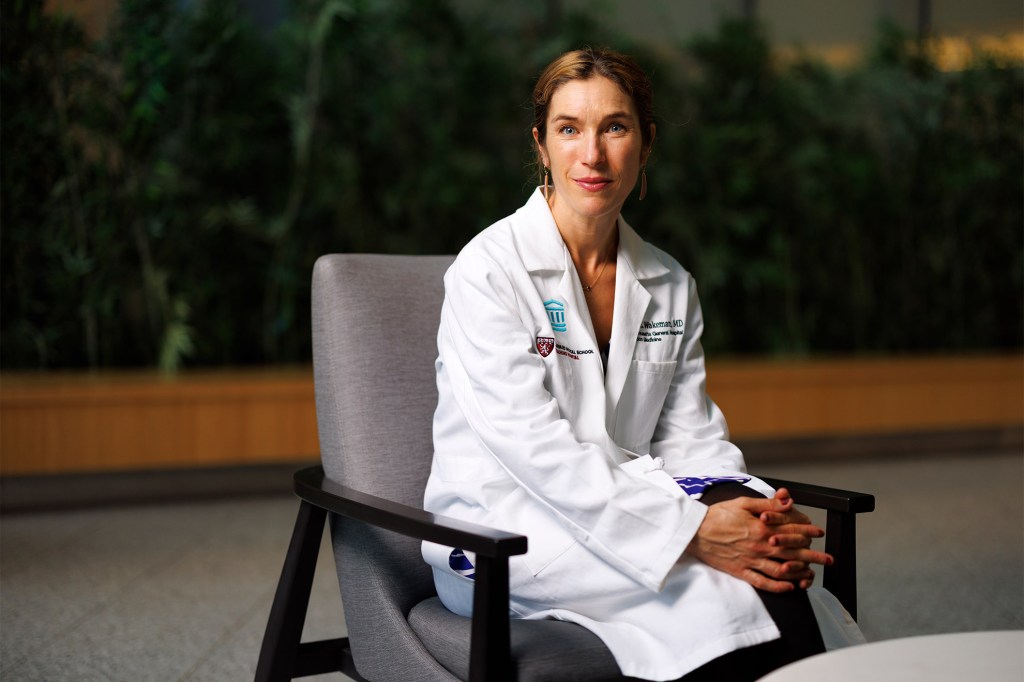
-
How to pay attention
Constantly distracted by devices? Experts share strategies on reclaiming focus.

-
Are you doing enough to keep your brain healthy?
Take our quiz to score your lifestyle’s potential for preventing diseases like dementia
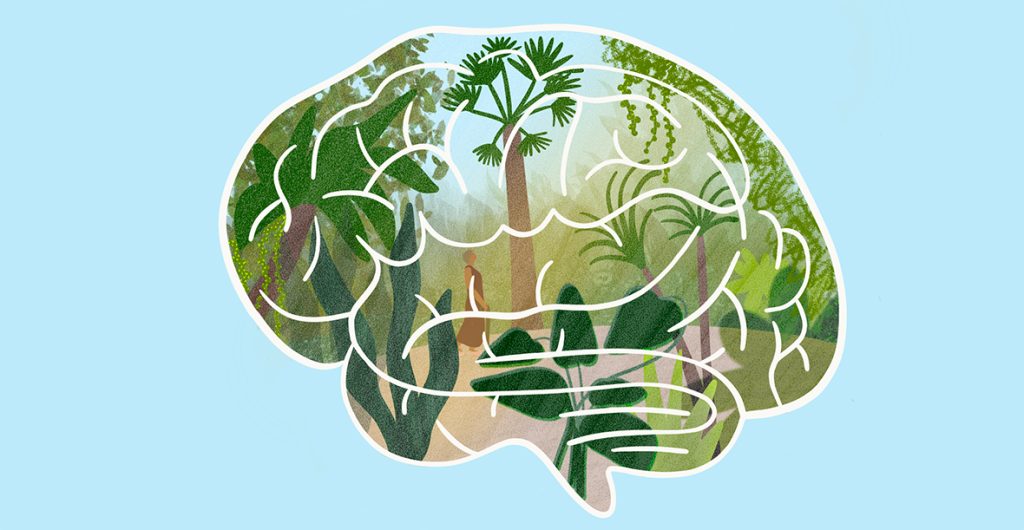
-
Depression and anxiety linked to increased risk of heart attack or stroke
Study suggests stress reduction holds potential for cardiovascular disease prevention
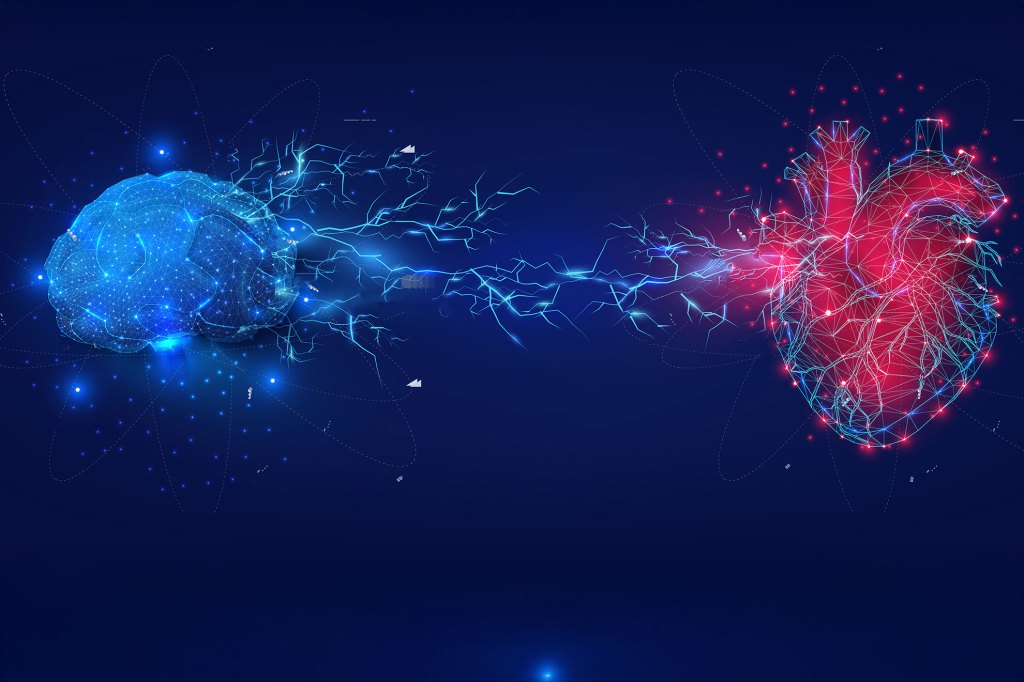
-
Is cost curbing use of weight loss drugs?
40 percent of GLP-1 prescriptions go unfilled, study finds
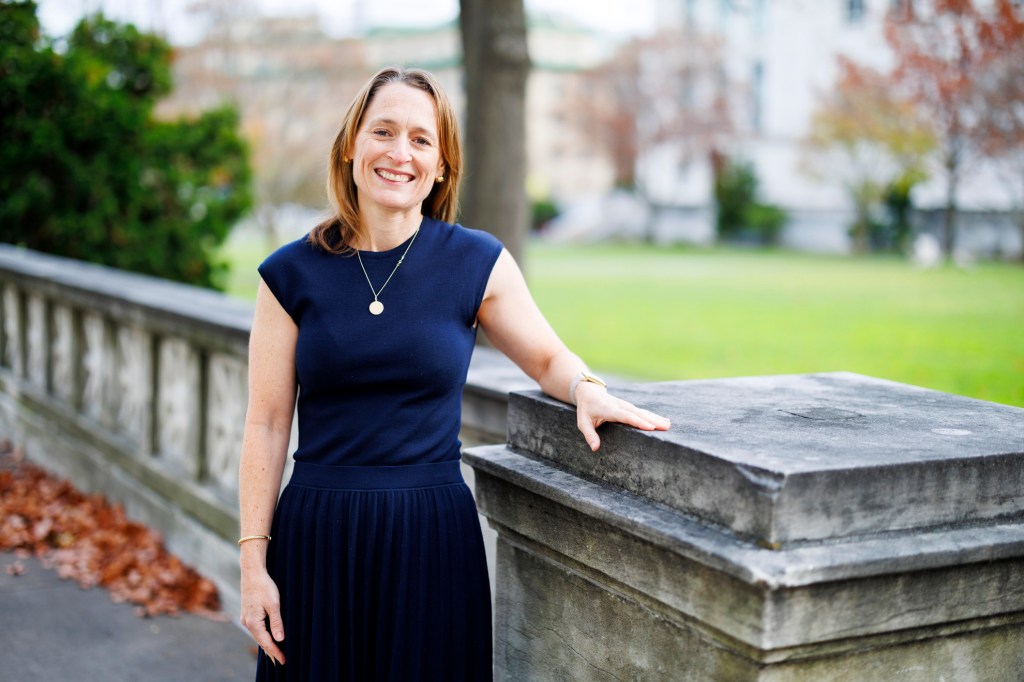
-
The perils of perfectionism
In podcast, experts discuss different types of toxic achievers and the case for embracing your ‘beautiful mess’
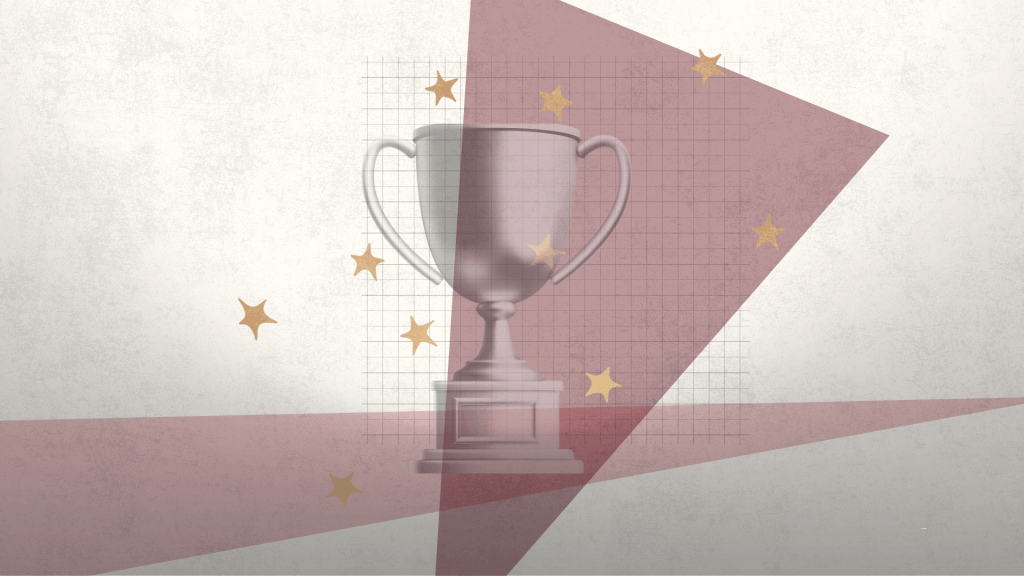
-
Social media detox boosts mental health, but nuances stand out
‘Wildly different reactions’ among participants, says researcher
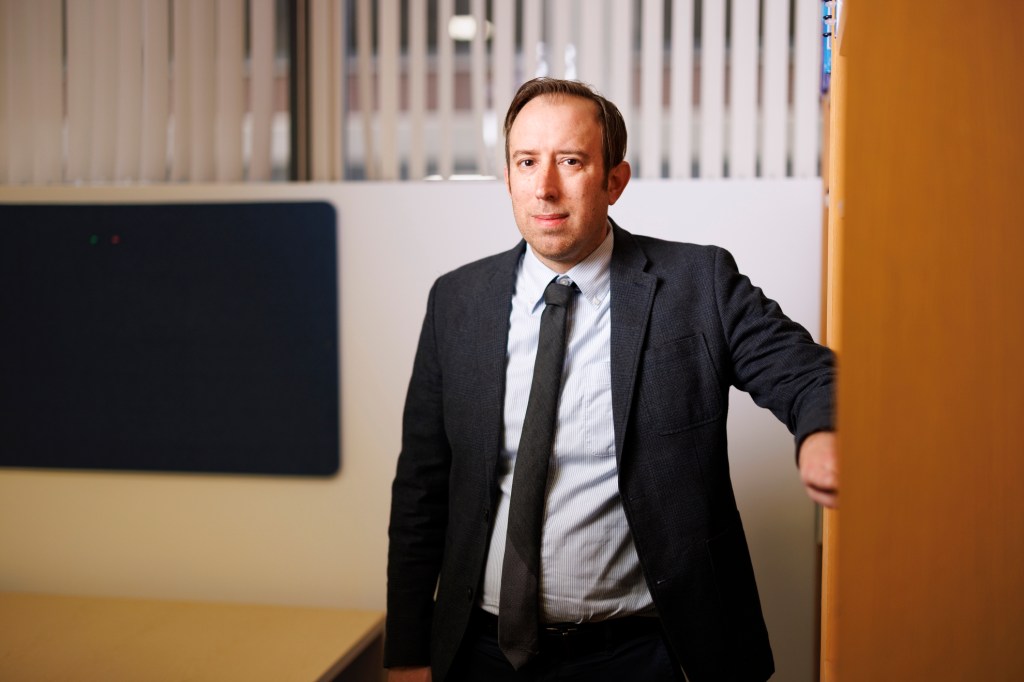
-
New research finds 5 genetic signatures shared by 14 psychiatric disorders
Could advance treatment of mental illness with greater precision, less medication
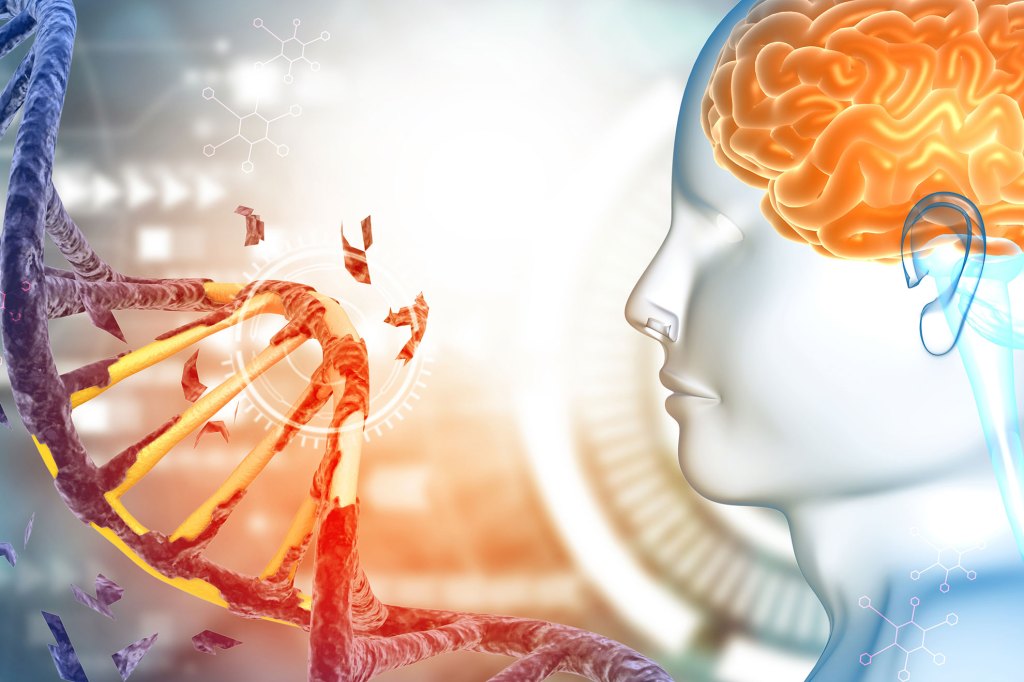
-
Break in the case for long COVID investigators
Research highlighting chronic inflammation opens path to treating illness that affects millions of Americans

-
The problem with the school smartphone debate
Study finds most districts already regulate devices. Is the real issue enforcement?
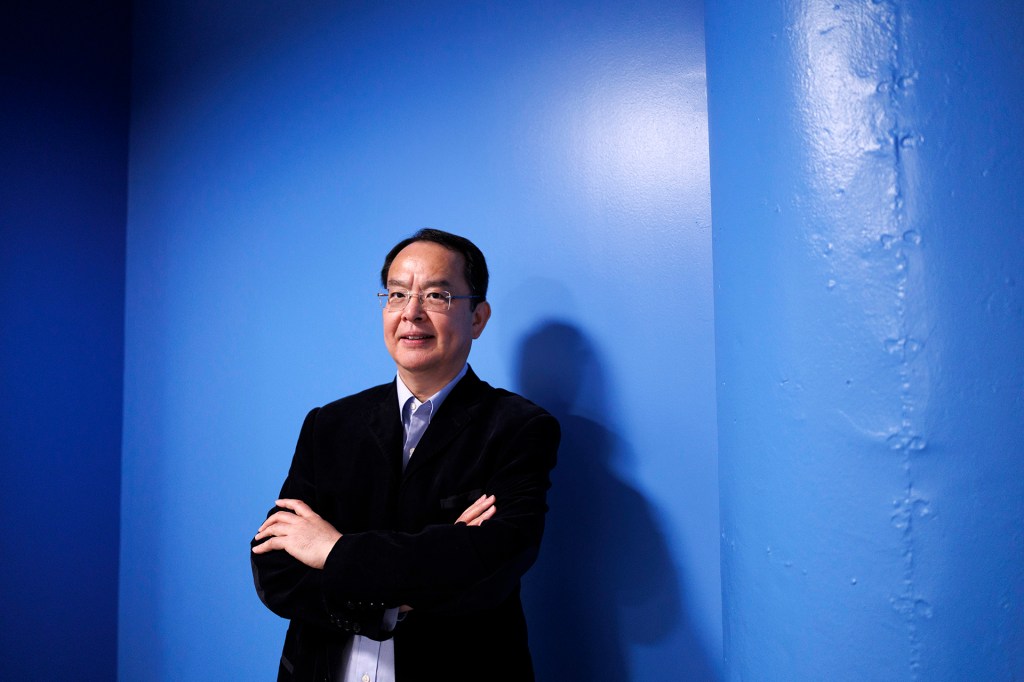
-
Just who gets a say at FDA public drug-approval hearings?
New research shows negative voices are relatively rare in drug approval hearings.
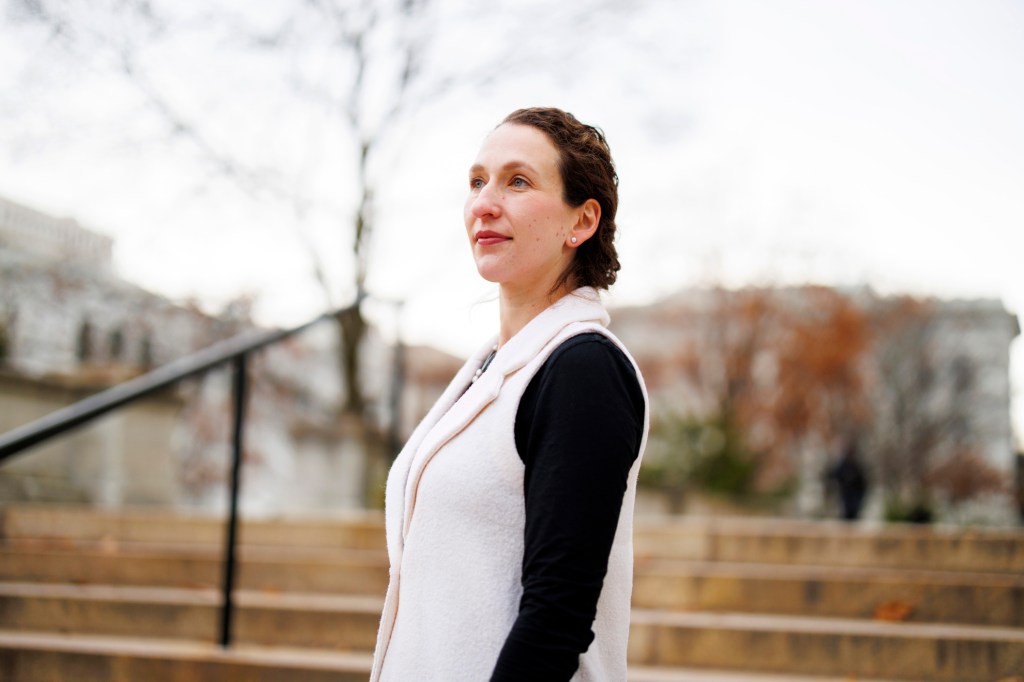
-
Your digital twin might save your life
AI, statistics offer new possibilities for personalized medicine

-
Time to legalize psychedelics?
Campus debate weighs therapeutic need vs. safety questions
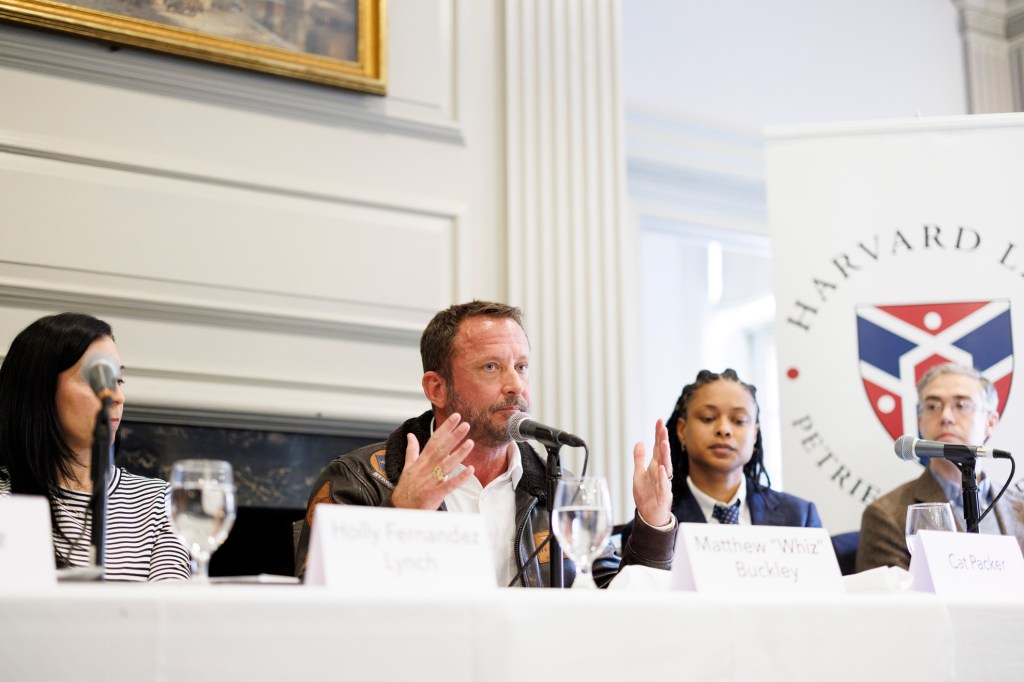
-
How a toxin from the gut microbiome may help spark colorectal cancer
Findings suggest colibactin may be promising target for disease prevention
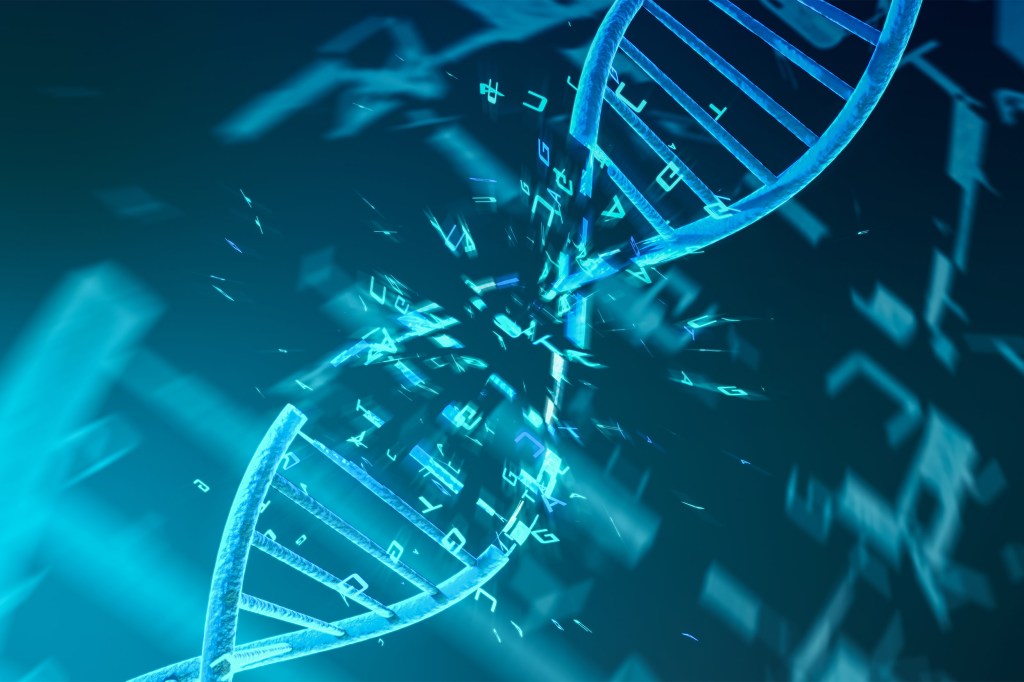
-
‘This is it. This is exactly what I want to do.’
Michael VanRooyen started running toward trouble more than 30 years ago. He’s still going.
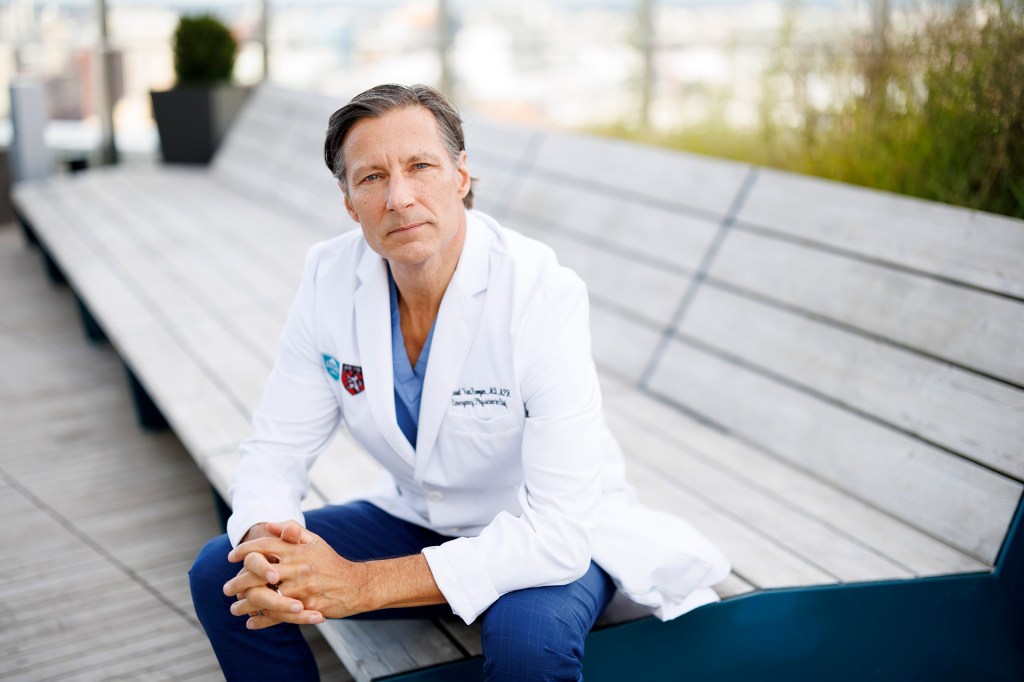
-
Why stress can make your hair fall out
Closer look at two-part reaction may offer researchers insights into autoimmune disease

-
Nighttime exposure to light may raise cardiovascular risk by up to 50%
New research suggests that it disrupts biological clock

-
Why childhood obesity endures, grows
Issues are complex, touch on lifestyle, culture, genetics, economy, policy
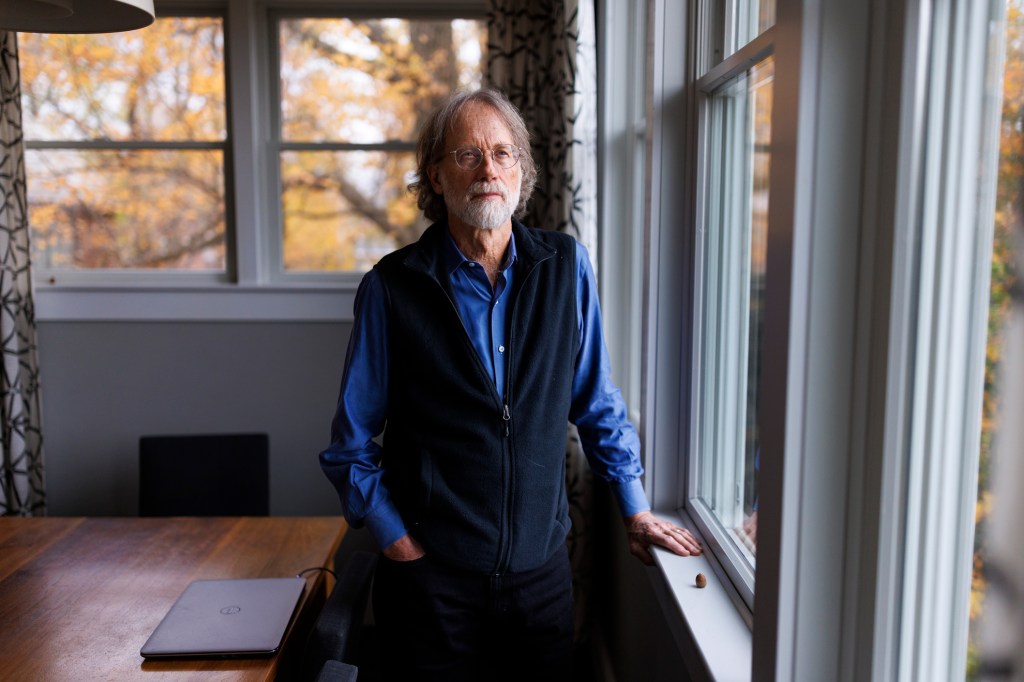
-
Looking to build muscle? Lose weight? Need more protein, right? Probably not.
Forget influencers, nutritionist says. Here’s how much you really need, why too much can actually hurt you

-
In the grip of ‘horror and anger,’ Gawande grows more determined
As global health suffers, his focus on patient-first systems feels more urgent than ever
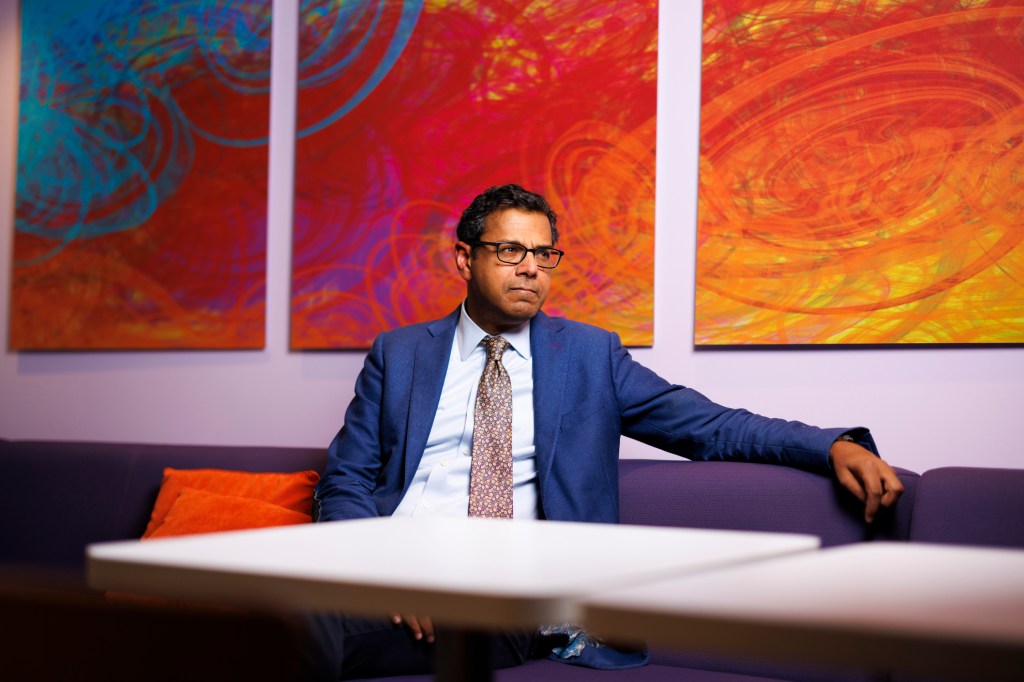
-
How immigrant doctors fill critical gap in U.S. healthcare system
Science historian explores roots of American physician shortage and how to fix it
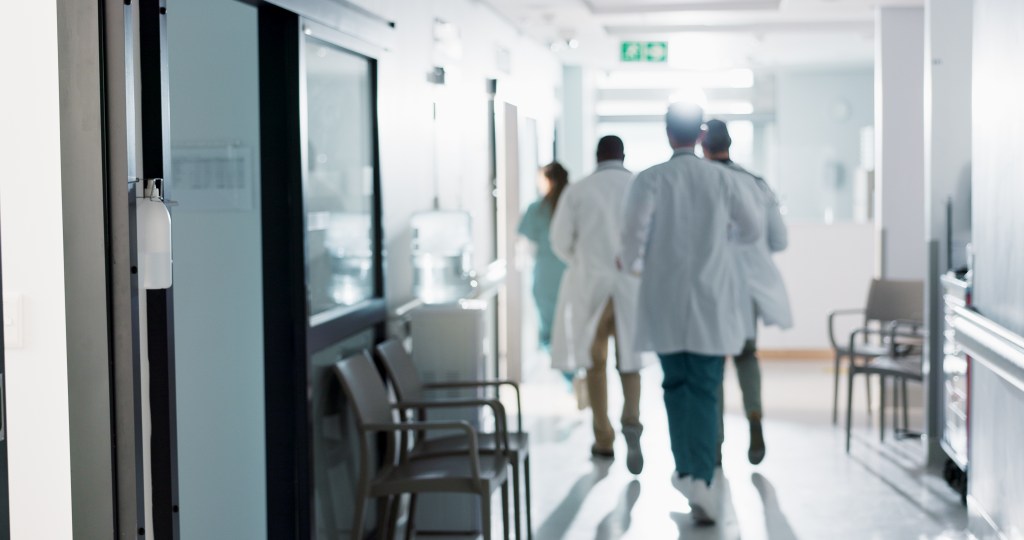
-
How children learn to be good
One tip for parents: Tell them about your mistakes

-
Why the Mediterranean diet works
In podcast, experts break down universal appeal, research-backed benefits of a health trend that adds more than it takes away



